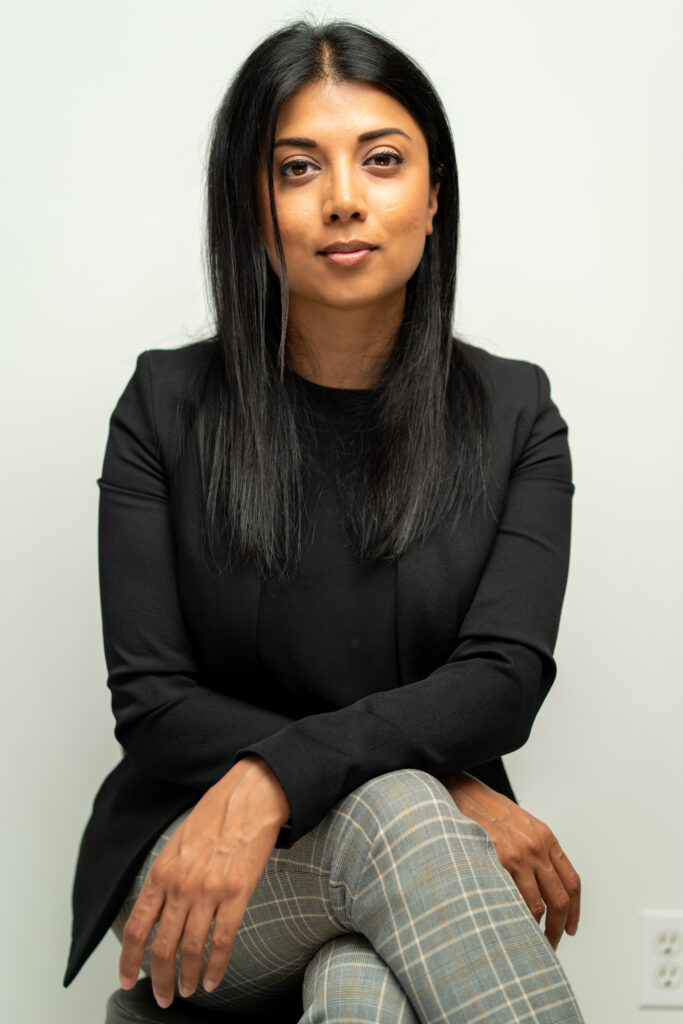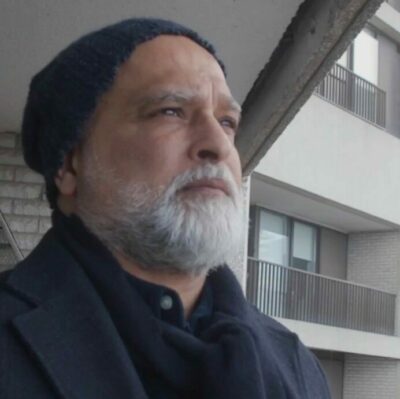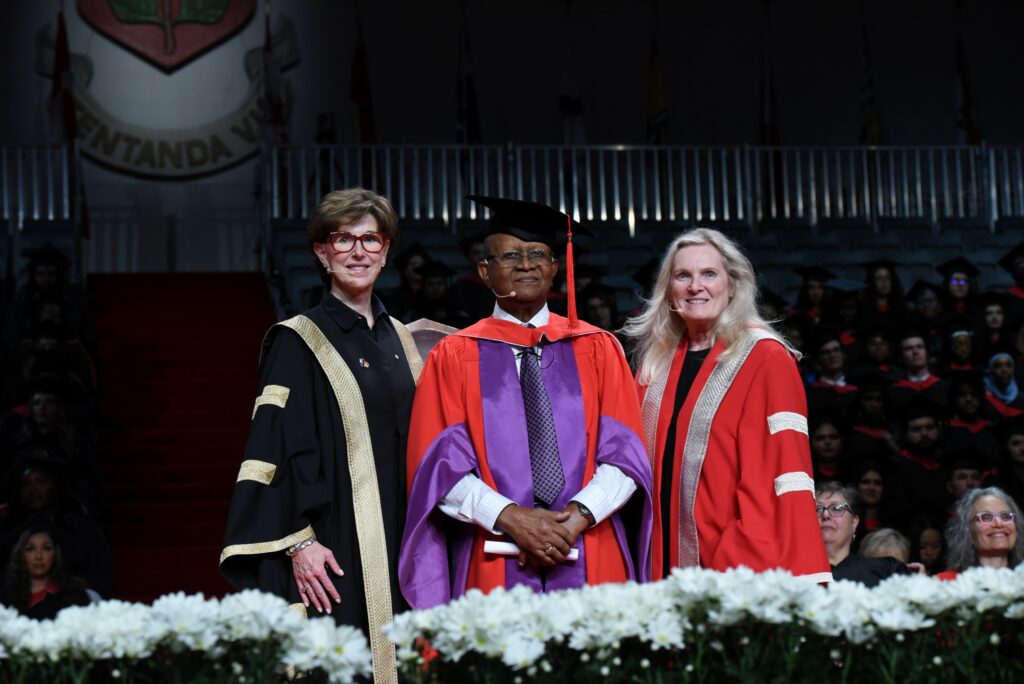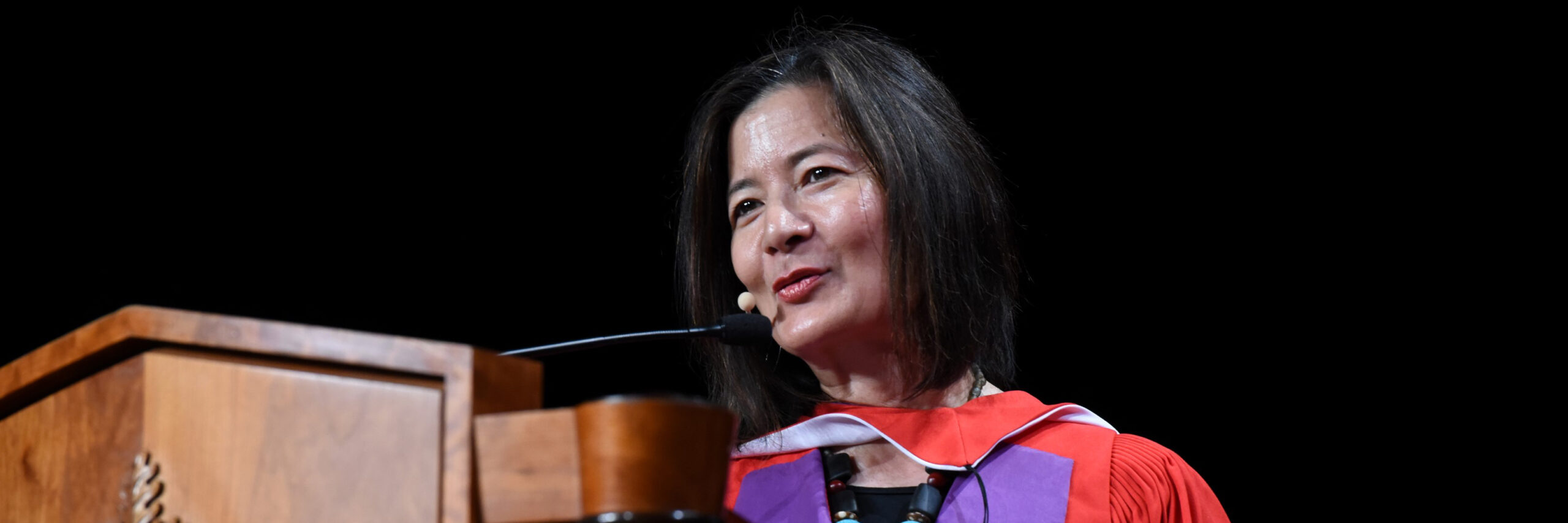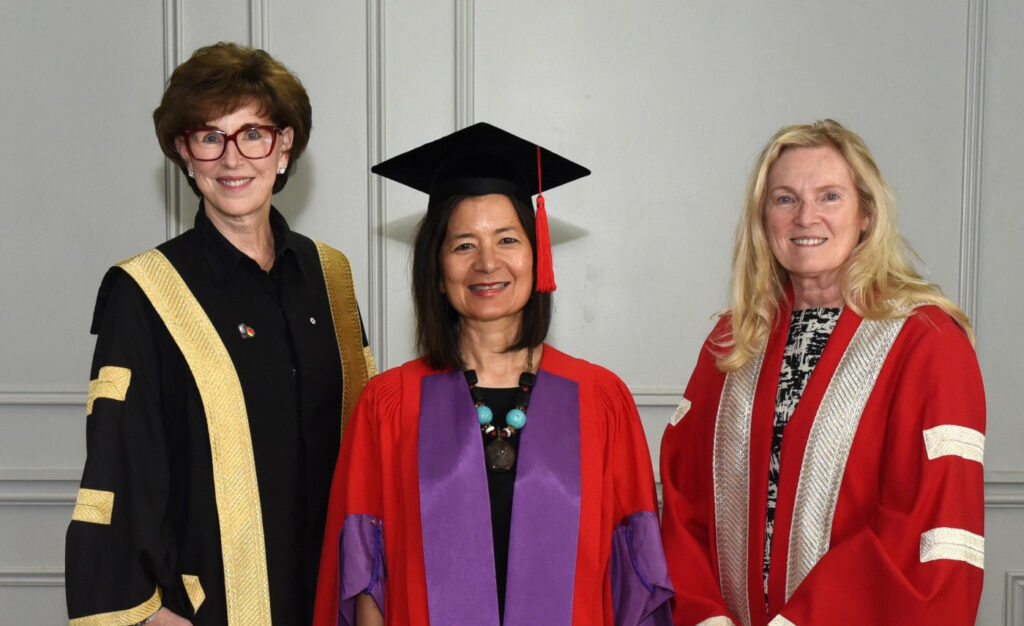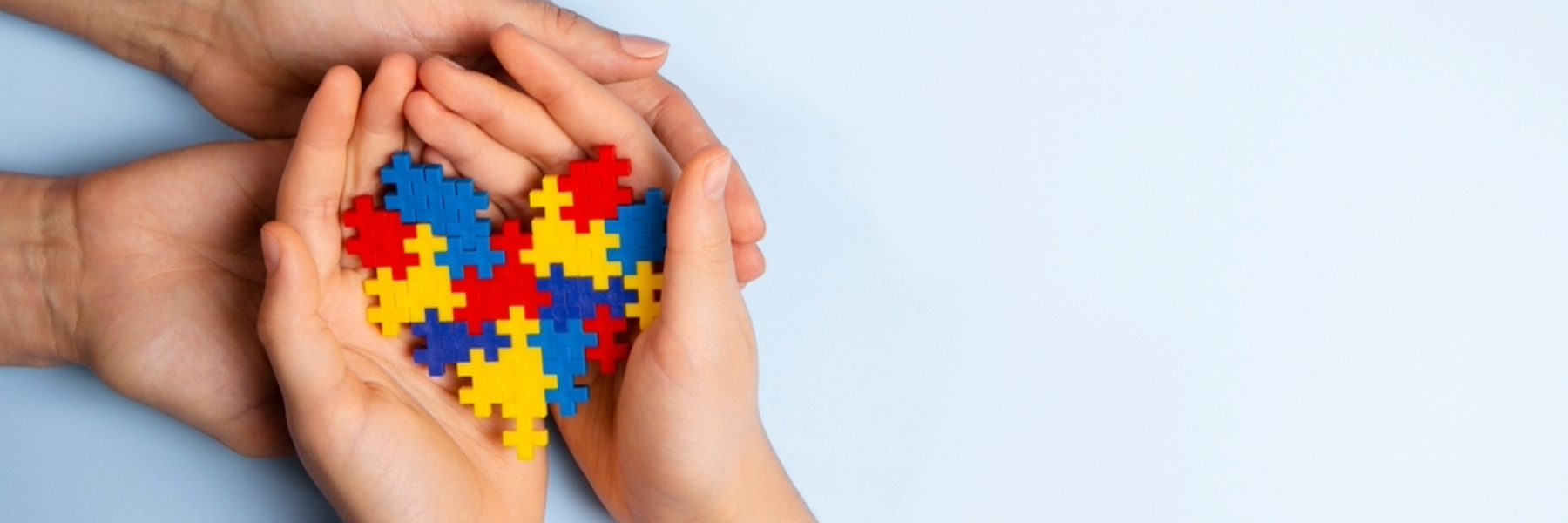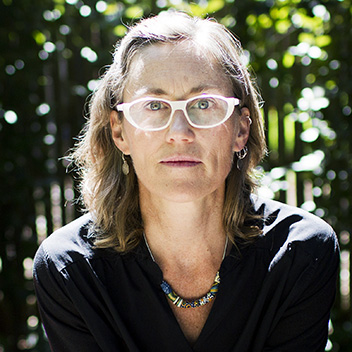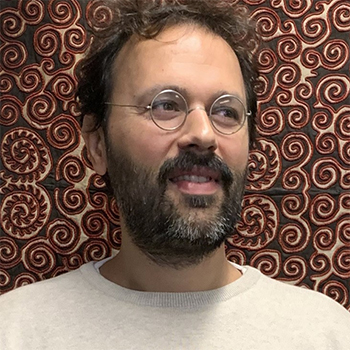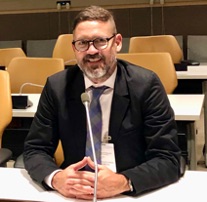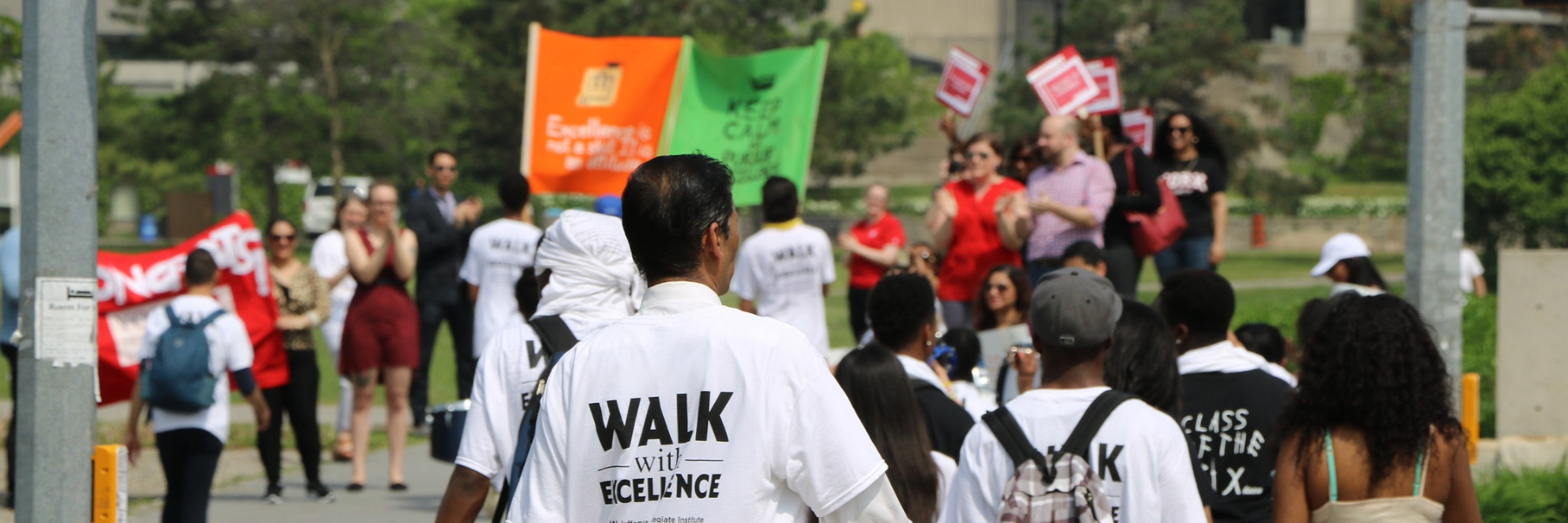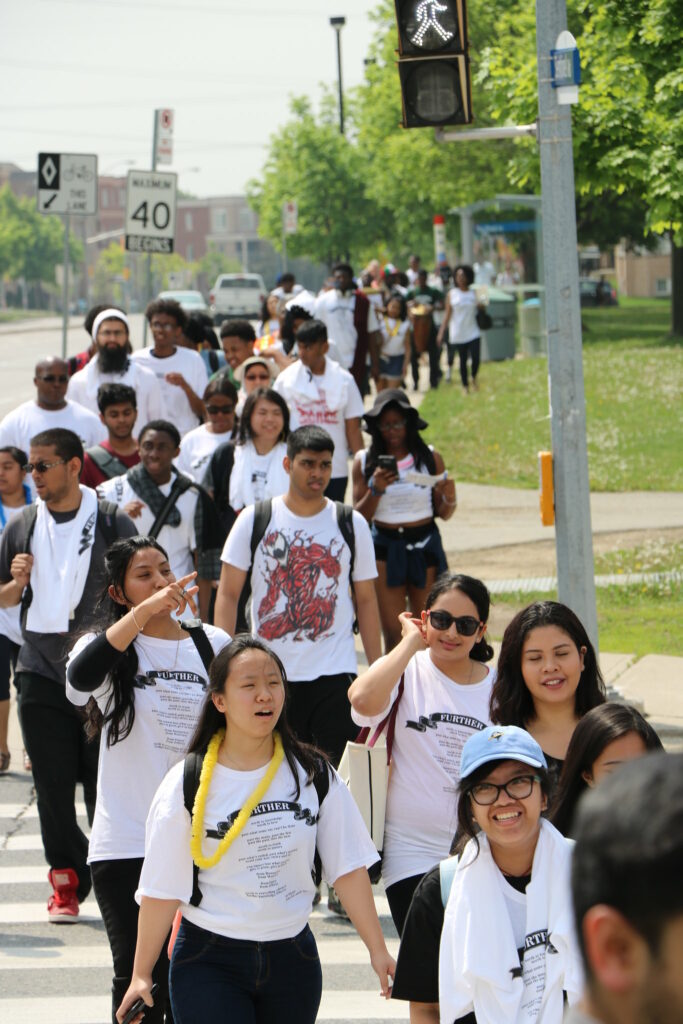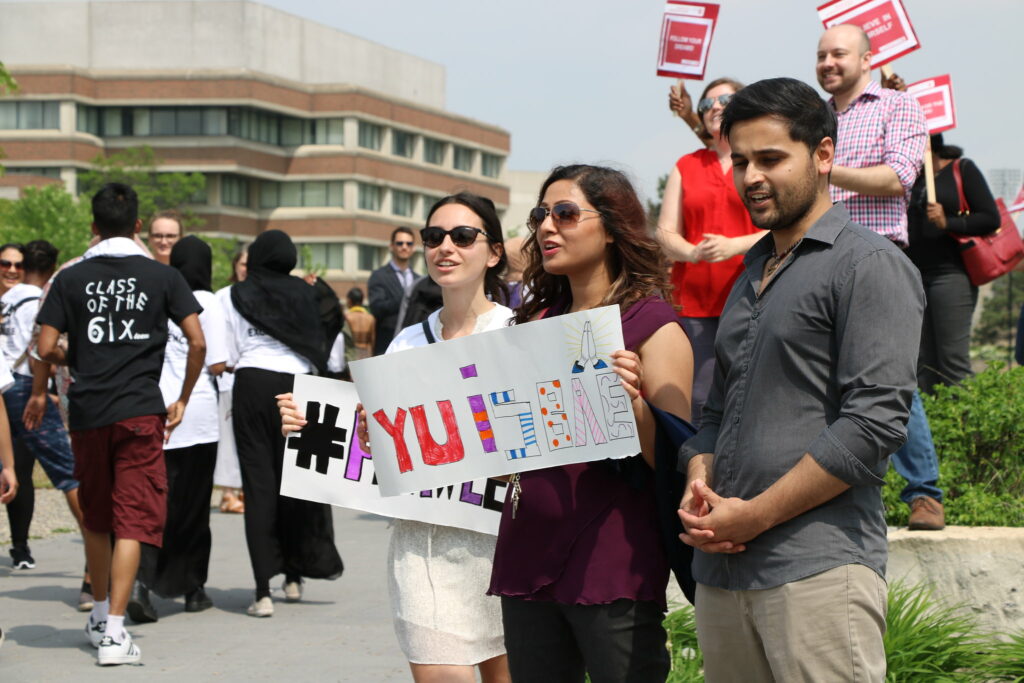Advancing YU is a mentorship and scholarship program in York University’s Faculty of Liberal Arts & Professional Studies (LA&PS) that links Black and/or women third- and fourth-year students with experienced alumni mentors, and provides professional and personal development opportunities.
A critical component of the Advancing YU program is matching student mentees with alumni mentors who share identities and experiences, and who have faced similar barriers.
“By connecting them with alumni mentors who share aspects of their identities, and many of whom have navigated similar challenges, we provide contexts within which our participants can excel and where they receive supports to encourage success in their academic and professional pursuits,” says Michele Johnson, interim dean of LA&PS.
Advancing YU consists of two streams – Advancing Black Students and Advancing Women – and offers a $1,000 scholarship upon completion of the program requirements. The program has benefited over 300 LA&PS students since 2020.
“Advancing YU has been a game changer for our Black and women students, offering targeted mentorship and resources that are meant to address some of their specific needs and aspirations,” says Johnson.
Within the program, students are organized into “quartets” consisting of one mentor and three students. They are required to invest 40 hours total (10 hours per month) into meeting with their mentor, joining workshops and personal reflection.
The program has engaged over 70 mentors in the past three years and continues to provide accomplished Black and/or women mentors a platform to give back to the York U community.
Alumni mentor Anika Holder, vice-president of human resources at Penguin Random House Canada, had this to say about the program: “One of the reasons I wanted to participate in the Advancing YU program is because, at this point in my career, I felt it was time to reach back and lift up. It’s helpful [for students] to have a real-life example who can offer their thoughts and help them to uncover and shape their vision.”
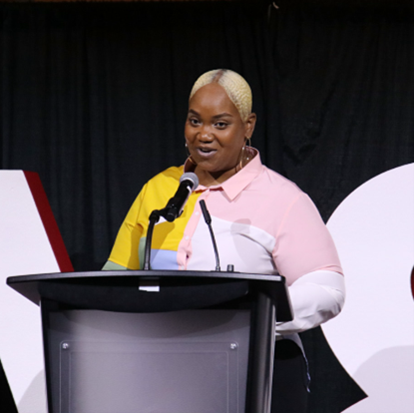
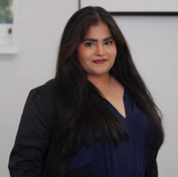
Lynette Furtado, a past participant in Advancing YU who now works as a policy consultant and mental health advocate, calls the program transformative in helping her navigate post-graduation life.
“[It was] vital in allowing me to network and develop strong connections, while providing resources tailored to my needs,” Furtado says. “My mentor guided me in the complexities of the legal field and helped me explore paths available to me.”
Keisha Porter, a recent mentee in the Advancing Black Students stream, echoes that being accepted into the program was life changing, both professionally and personally.
“Aside from building great contacts and networks, this program has taught me how to show up and advocate for myself in a variety of situations and environments. As a result, I am empowered and prepared to face both future obstacles and victories.”
“This program exemplifies our commitment to supporting diverse groups within our community and creating pathways for the advancement of Black and women scholars,” says Johnson.
Advancing YU student applications are open now until Oct. 4. Students must be in their third or fourth year of study in an LA&PS program, with a minimum of 54 credits completed. To learn more and apply for the 2024-25 Advancing YU program, students can visit the Student Information page.
Faculty and staff are encouraged to share Advancing YU program information and the application deadline with students.




